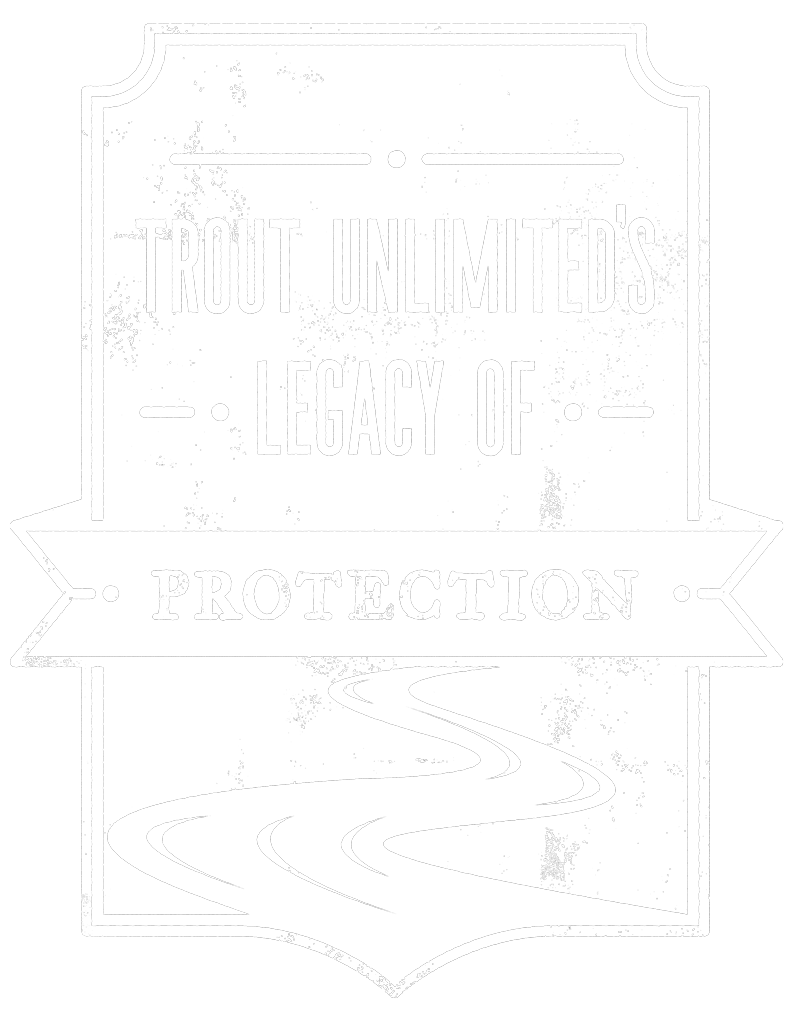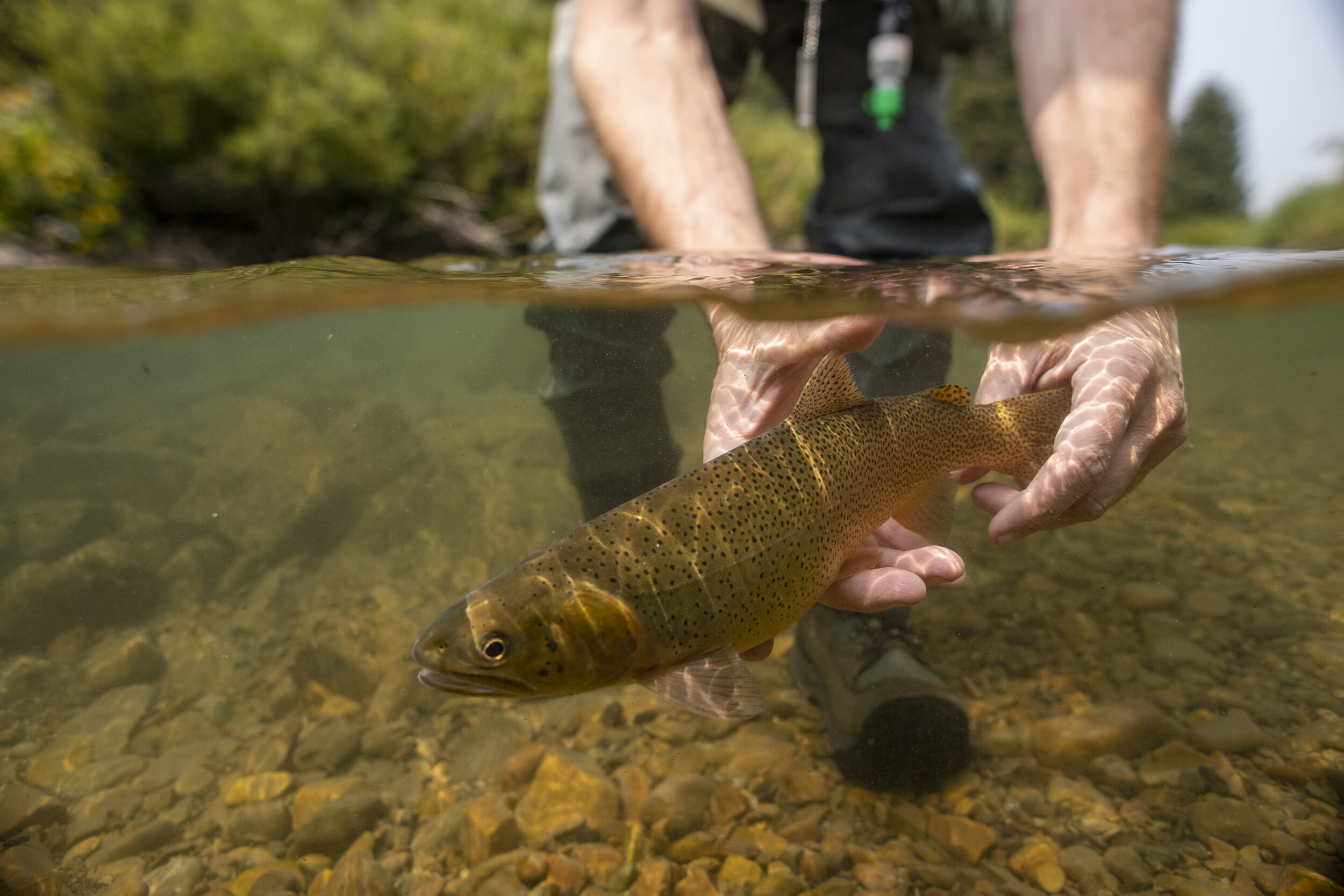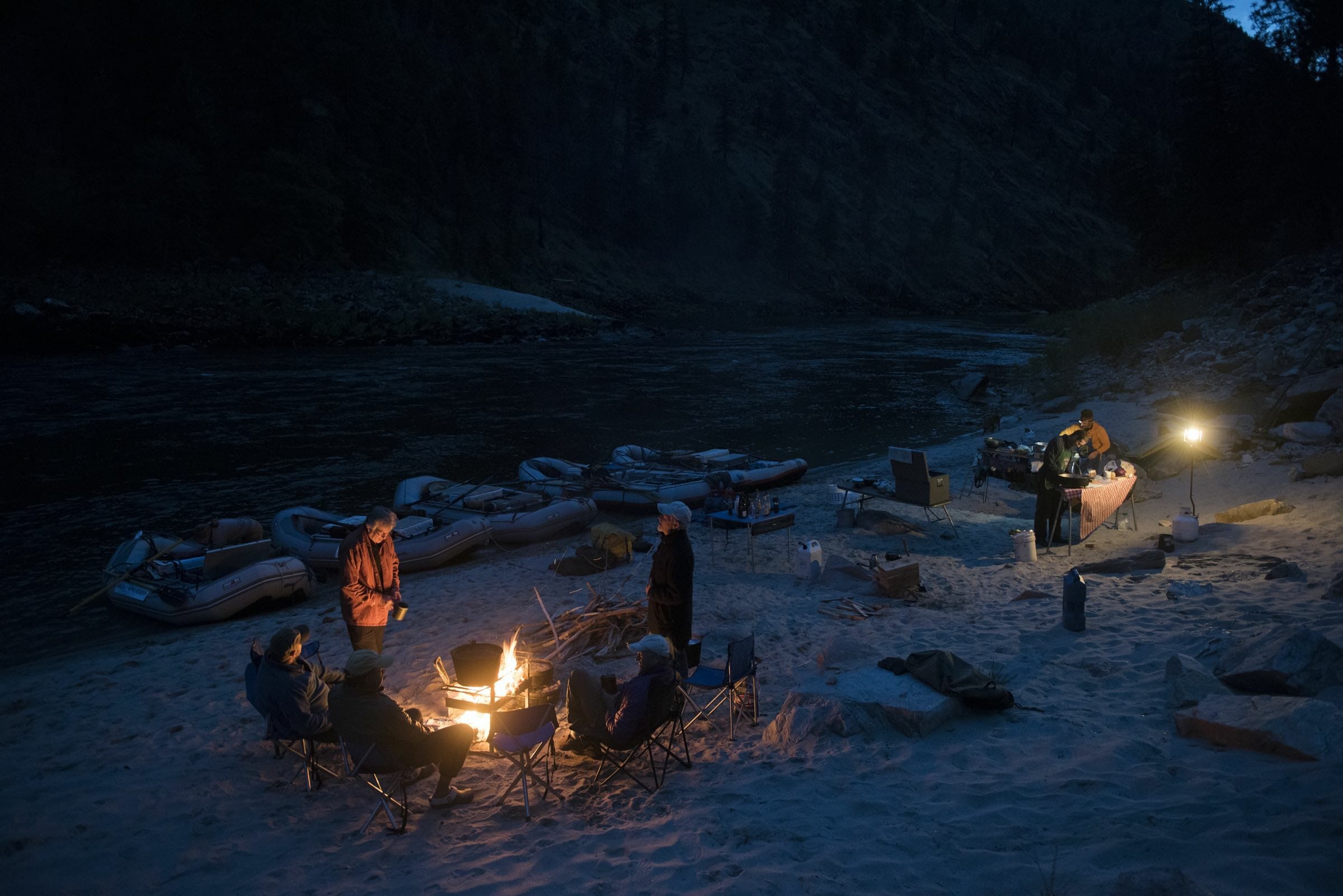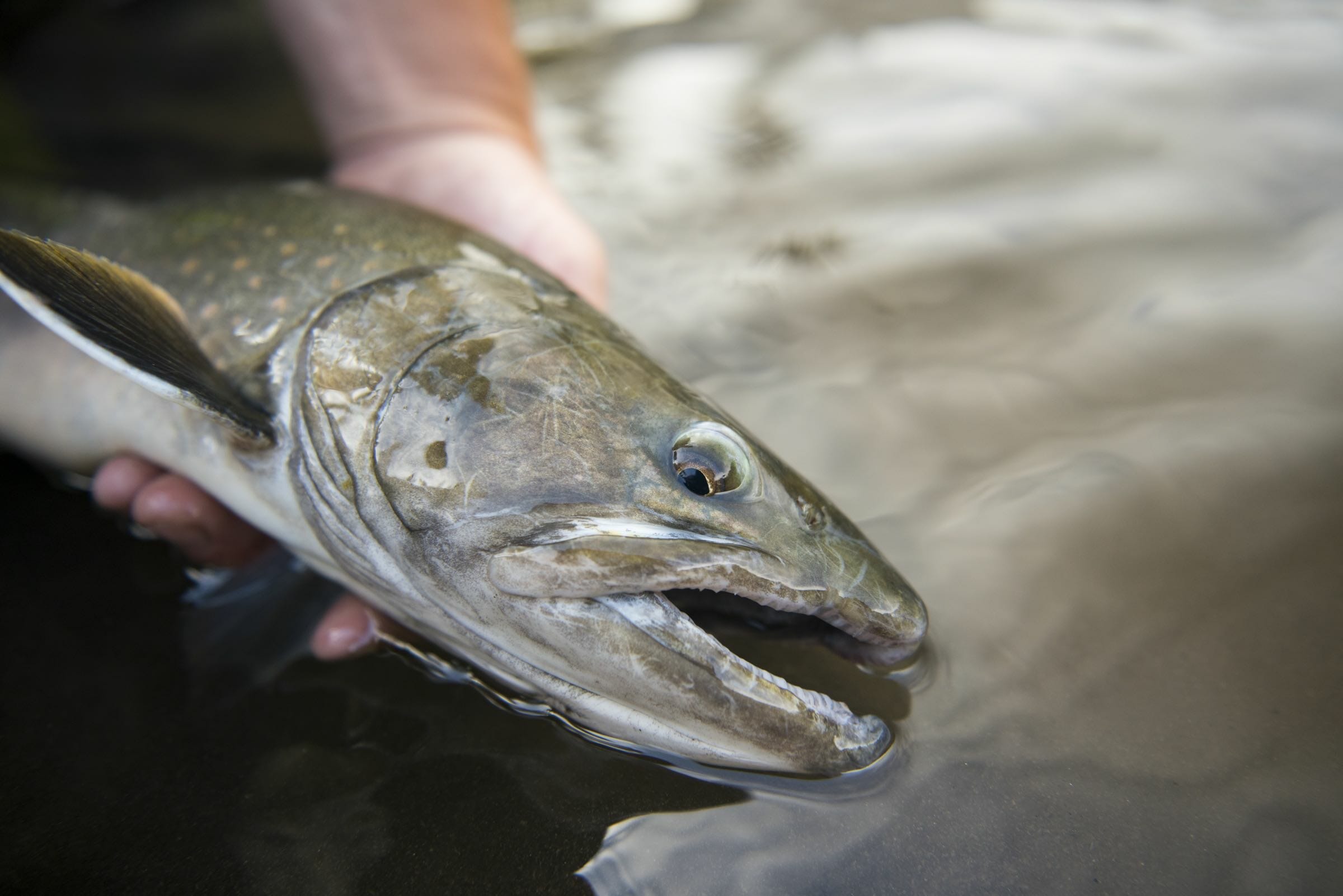
The challenges of a changing climate
No one has more to lose than anglers and hunters
It is no secret that climate change poses a significant threat to our public lands and coldwater fisheries. Increasing water temperatures, uncharacteristic wildfire, and increasing frequency and severity of weather events are all challenges we must all address. Reducing greenhouse gas emissions and a fundamental shift in to low-carbon energy technologies is critical, but the effects of climate change on coldwater fisheries and their watersheds are already present. As any angler knows, “hoot owl” restrictions and fishing closures now apply to numerous waters across the West during the heat of most summers.

Coldwater native fish will be among the first victims of a warming planet.
Because of this, it is also critical that Americans work to make landscapes more resilient to the effects of climate change and to do so in a way that benefits wild and native cold-water fisheries. Public lands are the source of cold, clean water that’s the life blood of trout and salmon fisheries. In the face of climate change, public lands are only going to become more vital and the more we can do to protect these lands, the brighter the future for America’s sporting heritage. Everything that Trout Unlimited has accomplished and its goals for the future help to meet this challenge.

Climate change is felt everywhere, from the forests of California, to the riverbanks of wild Idaho and beyond.
It is no secret that climate change poses a significant threat to our public lands and coldwater fisheries. Increasing water temperatures, uncharacteristic wildfire, and increasing frequency and severity of weather events are all challenges we must all address. Reducing greenhouse gas emissions and a fundamental shift in to low-carbon energy technologies is critical, but the effects of climate change on coldwater fisheries and their watersheds are already present. As any angler knows, “hoot owl” restrictions and fishing closures now apply to numerous waters across the West during the heat of most summers.

Beautiful native fish and cold water fit together.
Because of this, it is also critical that Americans work to make landscapes more resilient to the effects of climate change and to do so in a way that benefits wild and native cold-water fisheries. Public lands are the source of cold, clean water that’s the life blood of trout and salmon fisheries. In the face of climate change, public lands are only going to become more vital and the more we can do to protect these lands, the brighter the future for America’s sporting heritage. Everything that Trout Unlimited has accomplished and its goals for the future help to meet this challenge.
1
2
3
4
Growth and change
- Entrepreneurial conservation
- Playing the long game
- Off Road Vehicle and Sportsmen Ride Right
- Oregon and Arizona Mineral Withdrawals
- Overcoming congressional gridlock with public lands planning
- Owning state legislatures when Washington, DC, is broken
- The importance of national monuments
- Fight against selling state land
- Alaska Tongass National Forest
- Alaska Pebble Mine
- Utah Roadless
- Washington Steelhead fishing regulation changes